Press Release
ON THE COMMEMORATION OF THE INTERNATIONAL DAY FOR UNIVERSAL ACCESS TO INFORMATION:
An urgent call to repeal laws that contradict the Access to Information Act
September 28, 2021
The Centre for Human Rights and Rehabilitation (CHRR) joins the government of Malawi and the international community in commemorating the International Day for Universal Access to Information (IDUAI), which is celebrated on 28th September each year. The IDUAI was proclaimed on 15 October 2019 at the 74th United Nations (UN) General Assembly, following initial designation of the day by the UNESCO General Conference in November 2015.
CHRR takes this opportunity to reflect on the implementation of the Access to Information (ATI) Act in Malawi. First of all, we appreciate the commitment shown by the government of Malawi to ensure that the right to information becomes a reality for people of this country. This commitment has been hugely displayed through the operationalization of the ATI Act on 30 September 2020 with President Lazarus Chakwera declaring the operationalization “as one way of ending the era of government secrecy”. In this regard, we note that there have been some positives. For instance, the bi-weekly State House press briefings represent a step in the right direction.
However, we note that this significant milestone is being undermined by continued failure by public authorities and entities to fully comply with obligations under the ATI Act. CHRR observes that despite the ATI legislation, withholding of public information is still part of standard procedure in many government ministries, departments and agencies. There are numerous instances wherein Malawians have been denied access to public information by authorities. A clear example is the Public Sector Systems Review report, which has still not been released to the public despite calls by the citizenry for the recommendations to be made public. Another case in point is how Malawians have struggled to access information on how the K6.2 billion and the K17.2 billion Covid-19 funds were used.
The ATI Act is also being undermined by the existence of legislation, which impede efficient and effective access to public information. For instance, CHRR notes that despite enshrining access to information as a right under section 37 of the Constitution of Malawi, and adopting an enabling legislation, there are still numerous statutes in Malawi, some dating back to colonial times, that promote government secrecy and withholding of public information. One such statute is the Official Secrets Act (Cap 14:01). Under section 4(1) of the Act, every person is prohibited from disclosing a wide range of information, including any official information which the person has accessed by virtue of working in government. This provision applies to civil servants and members of the security forces, officials of the Anti-Corruption Bureau, the Financial Intelligence Unit, the National Audit Office, the Malawi Revenue Authority, the Reserve Bank, the Malawi Bureau of Standards and others. In our view, the aforementioned section defeats the purpose of Malawi’s Access to Information Act, 2017 whose main objective is to improve the flow of information from the government to citizens and ensure that citizens access the information held by government.
CHRR is of the view that maintaining such provisions has rendered the ATI Act weak as some public officers have used the same to deny Malawians legitimate access to public information. It is for this reason that CHRR calls for the urgent review and repeal of the aforementioned section. CHRR calls upon the next sitting of Parliament to amend this law and all other laws that impede efficient and effective access to public information as a matter of urgency. CHRR notes that some of the old statutes are now progressively being reviewed by the Law Commission for conformity with the Malawi Constitution and international law. However, the pace at which the reviews are done is not encouraging. Surprisingly, there are also other pieces of legislation passed after the Malawi Constitution was adopted that threaten access to information. For example, Section 24(e) (f) of the Electronic Transaction and Cyber Security Act of 2016 empowers the government to restrict online communications to “protect order and national security” and to “facilitate technical restriction to conditional access to online communication.” This provision is quite retrogressive as the internet is such an important source of information. We also note that section 24(1) of the Act guarantees freedom of online communications, stating that “there shall be no limitation to online public communication.” However, Article 24(2) seems to contradict that assertion by providing grounds under which online communication may be limited some of which are inconsistent with international law. In practice, such clauses may allow government to limit access to internet or aspects of it, effectively denying free access to information that is vital for meaningful public participation in governance affairs. The provisions may, for example, enable the government to implement internet shutdowns, rendering internet-based communications inaccessible or effectively unavailable to the general public in violation of human rights standards.
Apart from the Electronic Transaction and Cyber Security Act, other laws that have provisions that encourage withholding of public information include the 2010 Police Act (section 143), and the Mines and the Minerals Act of 2019 (sections 38 (3)&(4)). Therefore, as we commemorate the International Day for Universal Access to Information, we urge authorities to review these legislations as one way of ensuring successful implementation of the Access to Information Act.
Signed today, 28th September 2021, at Lilongwe by:

Michael Kaiyatsa
Executive Director
Phone: +265998895699
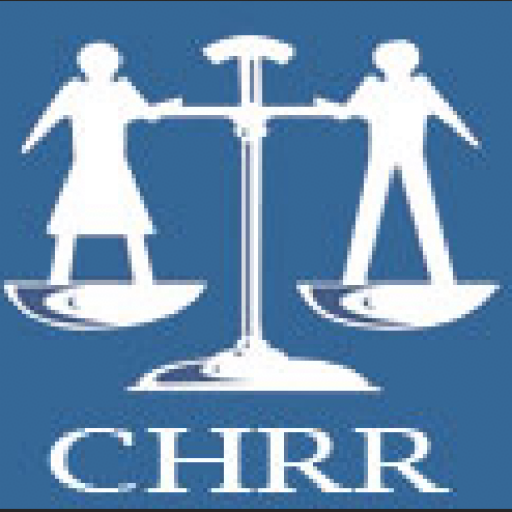
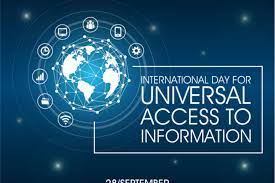


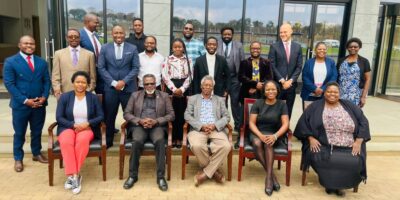
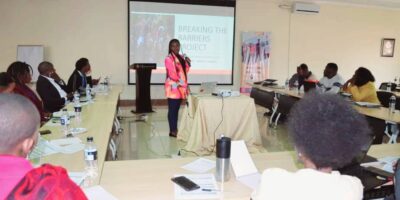



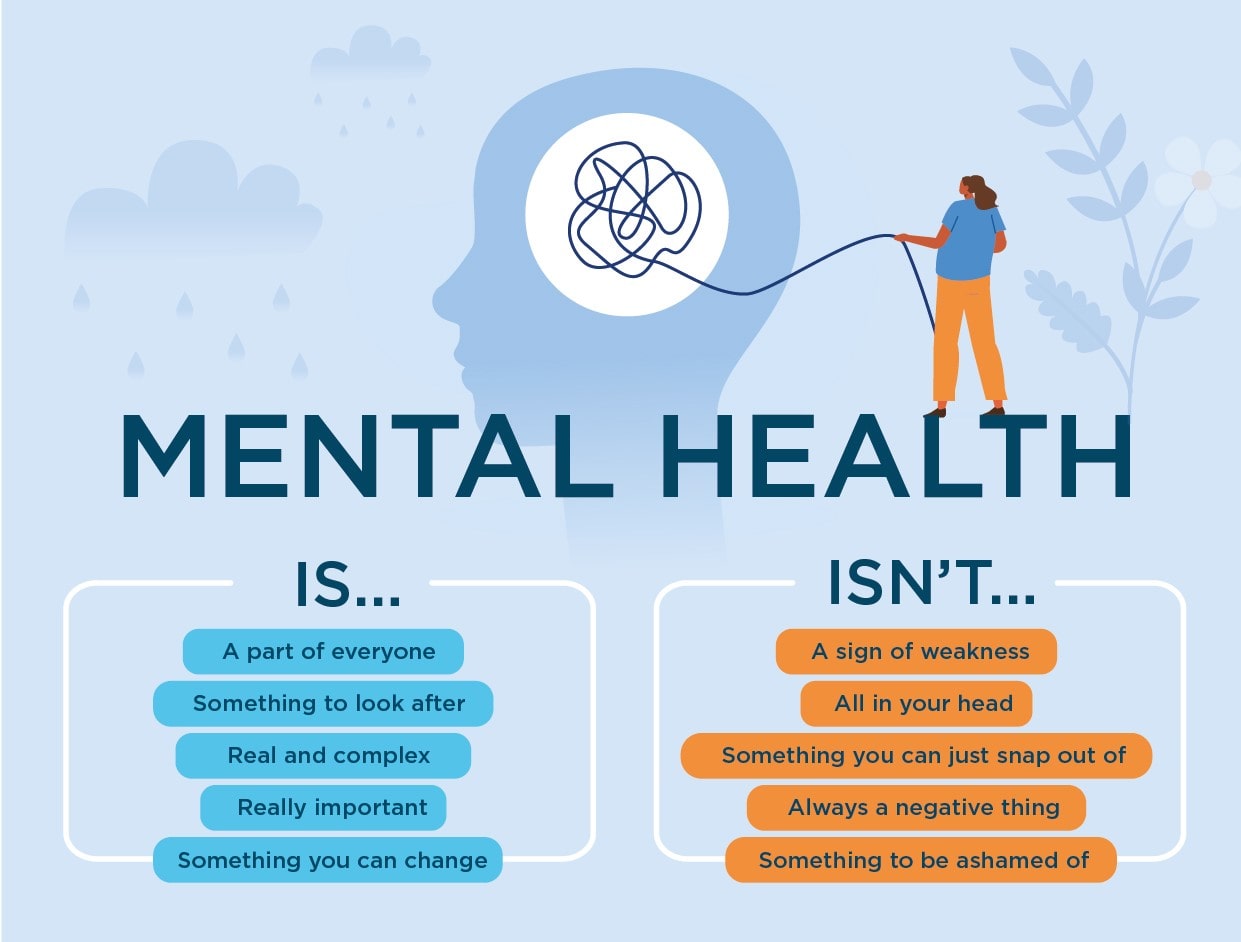

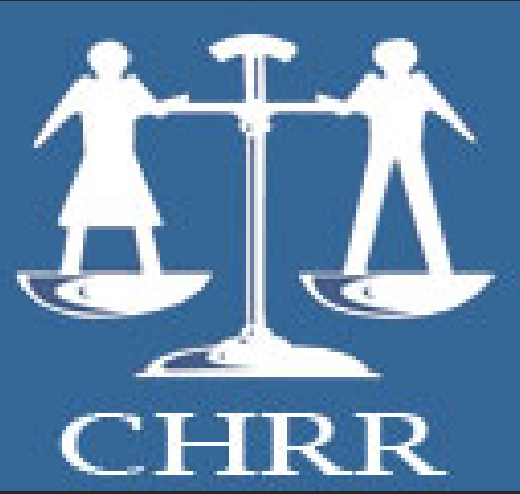


Comments